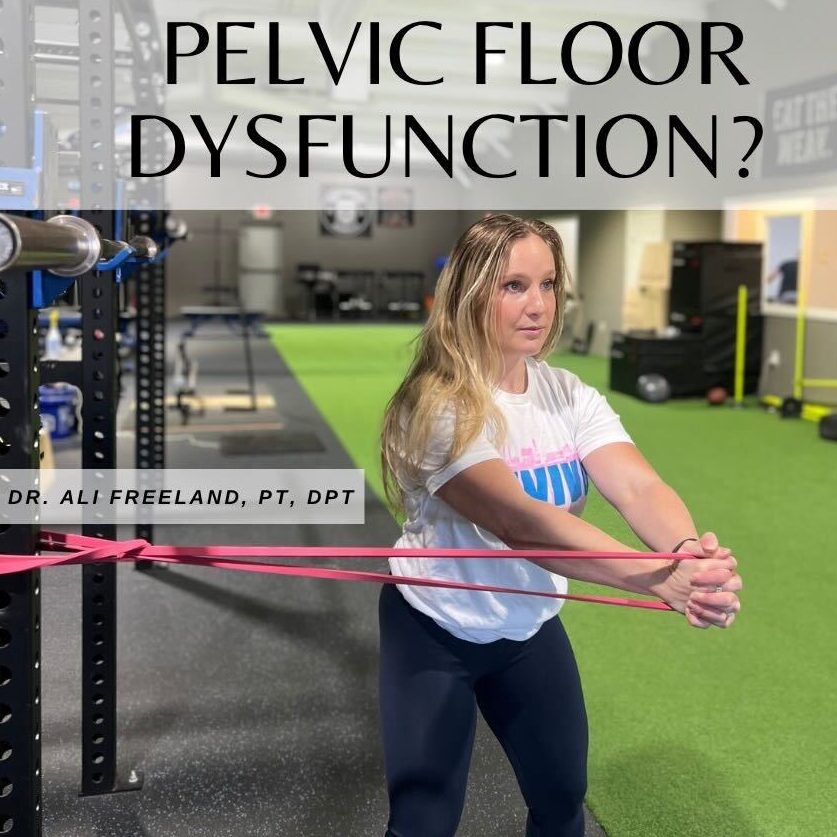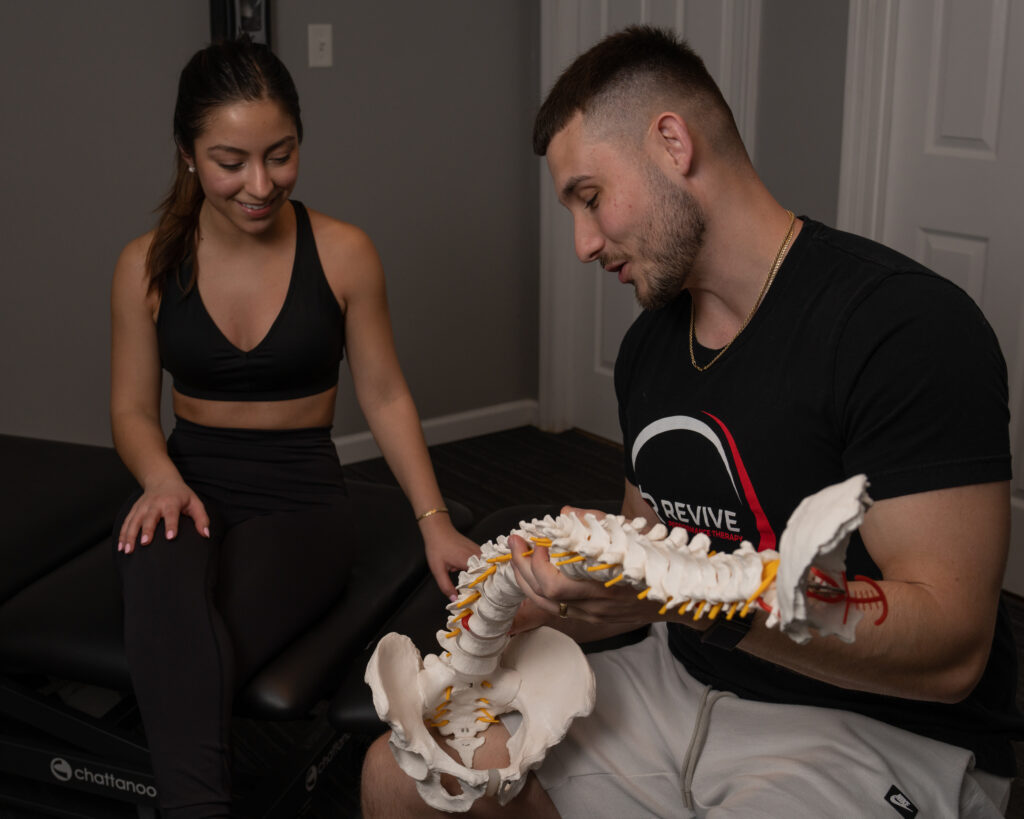After giving birth, many new mothers are eager to return to exercise—whether it’s to feel more like themselves, rebuild strength, or simply enjoy movement again. But the postpartum body has undergone significant physical changes, and jumping back into pre-pregnancy workouts too soon can do more harm than good.
During pregnancy and delivery, the abdominal wall stretches, the pelvic floor muscles bear additional weight, and core stability is often compromised. Vaginal births, C-sections, and even seemingly uncomplicated deliveries can all leave lasting effects on the musculoskeletal system.
Returning to exercise without addressing these changes can lead to issues like pelvic organ prolapse, urinary leakage, or unresolved diastasis recti. That’s why a thoughtful, guided approach is essential. The postpartum body isn’t broken—it just needs specific care and support to recover properly.
READ: Performance Enhancement Through Columbus Georgia Physical Therapy: Elevate Your Athletic Abilities
This is where pelvic floor physical therapy becomes a game changer. With the right guidance, exercise can become a powerful part of recovery, not a source of new problems.
Common Postpartum Concerns That Can Affect Movement

Many postpartum individuals experience symptoms that directly impact their ability to move comfortably and confidently. While these issues are common, they’re not always openly discussed—leaving many unsure of what’s normal and what needs attention.
One frequent concern is diastasis recti, a separation of the abdominal muscles that occurs during pregnancy. This can lead to a weakened core, poor posture, and a visible abdominal bulge. Without proper rehab, it can persist and affect movement mechanics.
Another is pelvic organ prolapse, where the bladder, uterus, or rectum may shift downward due to pelvic floor weakness. It can feel like heaviness or pressure in the pelvic area, especially during physical activity.
Then there’s urinary incontinence, or leakage when coughing, sneezing, or exercising—a clear sign that the pelvic floor isn’t yet ready for high-impact movement.
Even low back pain, hip instability, or pain with intercourse can stem from core and pelvic floor dysfunctions that developed or worsened during pregnancy and birth.
These issues aren’t just a nuisance—they’re signs that your body needs support. The good news is that pelvic floor physical therapy is designed to address each of these challenges with precision and care.
The Role of Pelvic Floor Physical Therapy in Postpartum Recovery
Pelvic floor physical therapy plays a vital role in helping postpartum individuals recover safely and fully—especially when it comes to returning to exercise. Rather than focusing only on symptoms, pelvic PT takes a holistic approach to restoring strength, stability, and confidence.
At the core of this therapy is the reconnection to your pelvic floor and deep core muscles, which often become weakened, stretched, or disconnected during pregnancy and delivery. Through guided exercises and hands-on techniques, your therapist helps retrain these muscles to activate properly—something that’s essential before adding load or impact through exercise.
Pelvic PT also addresses breathing mechanics and pressure management. Many people unknowingly hold their breath or brace incorrectly during movement, placing added stress on healing tissues. Learning to coordinate your breath with core engagement can protect your pelvic floor and improve functional strength.
In addition, therapists work on movement re-education, helping you restore safe mechanics for squatting, lifting, walking, and more. It’s not about pushing through discomfort—it’s about creating a solid foundation for long-term performance and health.
Ultimately, pelvic floor physical therapy isn’t just about injury prevention—it’s about empowerment. It helps you tune in to your body’s signals and return to the activities you love with confidence and clarity.
READ: Exploring Payment Models: Cash Pay vs. Insurance-Based Columbus Physical Therapy
What a Personalized Return-to-Exercise Plan Looks Like
At Revive Performance Therapy in Columbus, GA, we know that no two postpartum journeys are the same. That’s why your return-to-exercise plan is built around your unique body, goals, and lifestyle—not a one-size-fits-all timeline.
Your first session typically begins with a comprehensive evaluation. This may include an assessment of pelvic floor function, core strength, breathing patterns, posture, and movement quality. If appropriate and with your consent, an internal exam may also be performed to better understand muscle tone and coordination.
From there, your therapist will design a progressive, safe exercise plan. Early sessions often focus on foundational work like breathwork, gentle core activation, and pelvic floor coordination. As you build strength and stability, your program gradually advances to include more dynamic movement—like squats, lunges, lifting, or low-impact cardio.
We also prioritize education and support. You’ll learn how to listen to your body, modify movements, and avoid common pitfalls like breath-holding, excessive abdominal pressure, or compensatory patterns.
Importantly, we help you understand realistic timelines. While some people feel ready to reintroduce certain activities within a few weeks, others may need more time—and that’s okay. Healing isn’t linear, and our job is to guide you with care, not rush the process.
READ: A Complete Guide to Columbus Physical Therapy for Athletic Performance
When to Seek Help from a Pelvic Floor Therapist in Columbus, GA
If you’re newly postpartum and unsure whether your body is ready to return to exercise, pelvic floor physical therapy can provide clarity and confidence. In fact, you don’t need to wait until something feels “wrong” to seek help—early support often leads to better outcomes.
Signs that it’s time to consult a pelvic health specialist include:
- Urinary leakage during movement or exertion
- Feelings of pelvic heaviness or pressure
- Pain with exercise, sex, or daily activities
- A visible gap or bulge in the abdominal wall
- Lingering back, hip, or pelvic discomfort
- General uncertainty about how or when to start exercising again
At Revive Performance Therapy in Columbus, GA, we specialize in guiding postpartum individuals through a safe, supported return to movement. Whether you’re a new mom or several months out from delivery, we’re here to help you rebuild strength, prevent setbacks, and feel at home in your body again.
Getting started is simple—visit our website to schedule a consultation or learn more about our postpartum services. Your recovery deserves personalized care—and you don’t have to navigate it alone.

